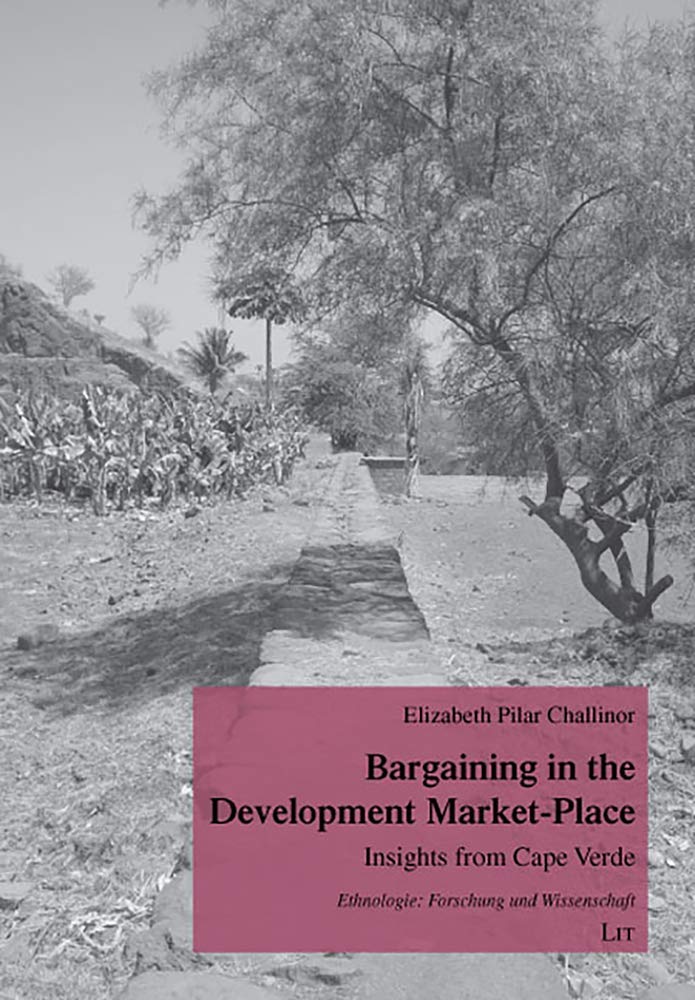
The process of ethnographically detailing how individuals encounter institutions is a complicated task. Few are those accounts that manage to clearly elucidate how new institutional knowledge passes through individuals within the course of normative, everyday living.
Elizabeth Challinor's ethnography of rural Santiago, Cape Verde does an outstanding job of revealing how the introduction of new institutional procedures are felt and experienced in non-suspecting places, in non-suspecting ways and with non-suspecting outcomes. Challinor's descriptions of the encounter between new policies and daily practice provide an important lesson on the power in ethnographically informed theorization.